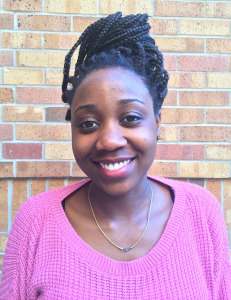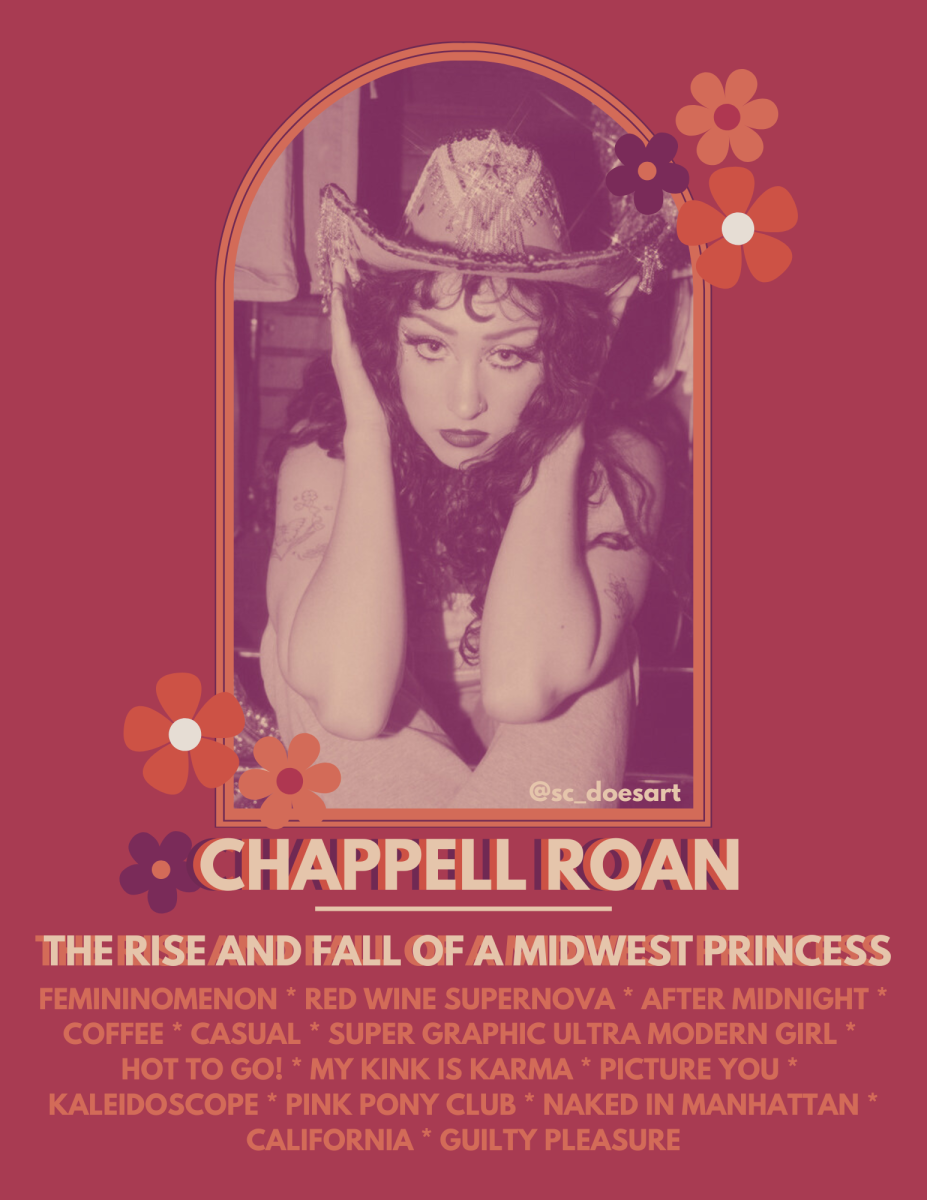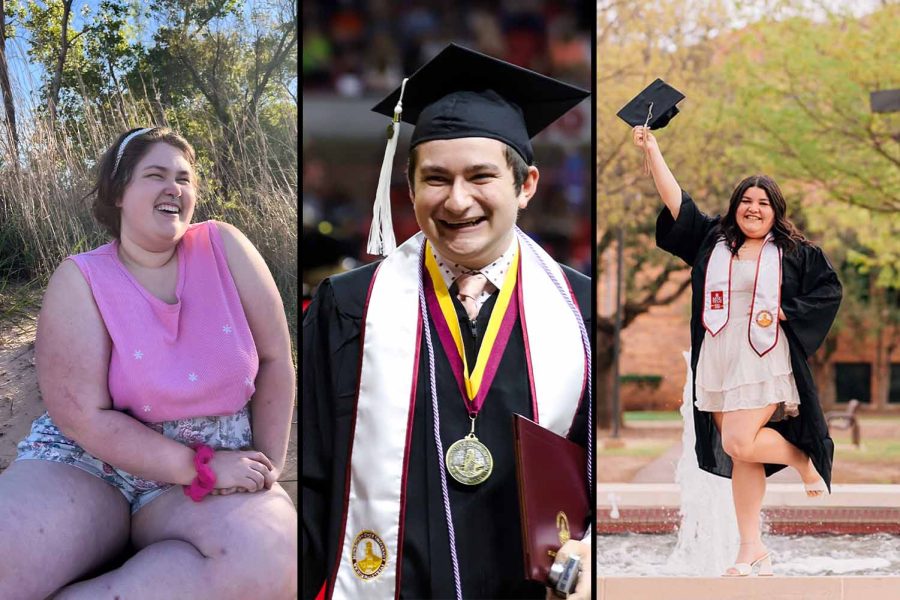
The shooting of Michael Brown, an 18-year-old black teenager, has been a groundbreaking controversy for the past two months. The shooting continues to spark riots, protests and unrest in Ferguson, Missouri, where the tragedy occurred. Brown was fatally shot multiple times by Darren Wilson, a white police officer of the Ferguson Police Department. Wilson, who had been driving, told Brown and his friend to move away from the middle of the road and walk on the sidewalk. From then words were exchanged between the officer and Brown, escalating the incident and leading Wilson to shoot Brown six times. In his testimony to the grand jury Wilson said he “felt like a 5-year-old holding onto Hulk Hogan.”
Because of this, many are questioning if black lives matter, and if much of the progress made in Civil Rights Movement of the 1960s was only a facade for black people, as we are still regarded as minorities not in numbers, but minorities in our value to society.
Although some people argue this incident had nothing to do with race—which it did—it still does not justify taking away the life of an unarmed teenager.
Michael Brown is dead because Wilson saw a 6-foot-4, 320-pound black kid and miscalculated the level of threat. To be black in this country is to be subject to miscalculated risk each and every day.
The shooting was a blatant example of racial profiling and the abuse of power by policemen. This incident had everything to do with race, although some people beg to differ, but those people may not be able to see the direct connection between Brown’s race and Wilson’s unwarranted fear of him. Since the beginning of recorded history, black people have always been seen as minorities, criminals and thugs.
I respect black rage because I identify with it. It’s real. Here’s the thing: racism is not tangible. Most white people don’t see black people and outright say or think, “I hate black people.” Instead, contemporary racism manifests itself in those moments where a woman clutches her purse as a black man walks by, or an elevator full of whites falls silent when a black person gets on. I do believe in this sense of fear, unease and anxiety that some white people experience when they encounter black people because it happens to me all the time.
The version of the story where Wilson acted reasonably is only plausible to those who believe in the negative stereotypes of black people.
The way some people are reacting to this situation is actually evidence of the white privilege many claim to not be real. This white privilege—the ability to hail a cab or expect fair treatment from police—is what makes many people unable to understand the backlash to Brown’s killing and the grand jury’s decision. All these emotions experienced by most white folks have emerged from a lifetime of media communicating that black people should be feared. For instance, movies predominantly show black people as criminals or slaves. The irony of it all is black people feel it, too. We know when people feel uneasy by our presence because it is part of our daily lives.
Again, I speak of this deep, misaligned perception of blacks because, as a black woman myself, I suffer its consequences often. We live in a country that is extremely dishonest about its race problem, evidenced in part by those who are tired of us “playing the race card.” What appears as a “race card” to some is an everyday reality for blacks, so let me take this moment to sarcastically apologize if bringing up the systemic inequality we face every day is annoying to some.
People are calling out the rioters and identifying them as the problem, but the real problem is the inequality that sparked all of this. A cop killing an unarmed teenager is the problem. While I think the looting perpetuated by a small minority of protesters is horrible, I understand why the riots happen because I understand their pain. It seems easier to focus on the looters who have reacted unproductively than to focus on the killing of Brown. As a black woman, anger seems like a perfectly reasonable response.
The grand jury’s decision not to indict Wilson is tragic because it perpetuates the longstanding precedent that killing black “thugs” is acceptable. A lot of black lives have been taken under the mask of the law without any consequences for the killers besides temporary suspension. Wilson’s interview has caused extreme fury all over the world as he does not seem to show any remorse for killing Brown. However, people have to understand that returning violence for violence will only result to more darkness. It is sad that this event left our community destroyed and countless black families broken. To stop this from happening again, the world needs to understand black people for who we are, not as movies and TV shows tell them.










Marco Torres • Jan 28, 2015 at 9:44 AM
No, Michael Brown is dead because he ATTACKED a police officer. Darren Wilson just happened to be a white man. Does racism exist, hell yes it does, but not to the extent that people make it out to be. My issue with the situation is media over-sensationalism! Liberal media made Michael Brown appear like a saint, while conservative news stations called him a thug. I support Darren Wilson fully for his decision to defend himself from an attacker. I came to this conclusion by reading the facts and waiting for evidence to become available. If Midwestern State has taught me anything, it is to think critically, without bias, and not jump on the media bandwagon. I’d like to go into further detail, but I’m in class and gotta go!